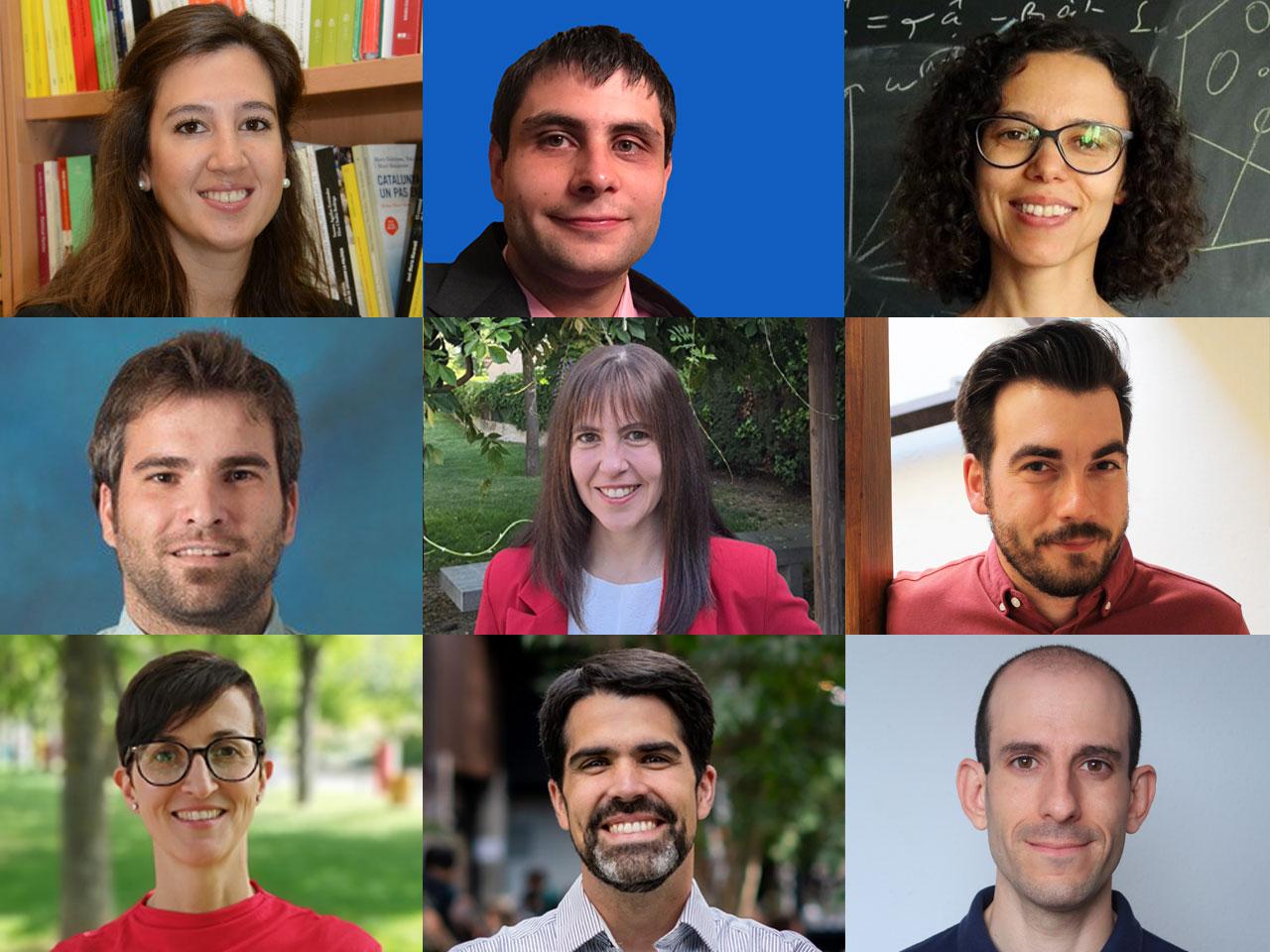Actualidad

Premios y Reconocimientos
Rubén Tolosana Moranchel recibe el Premio Joven Investigador de la UAM 2024 en el área de Ingeniería de las Tecnologías de la Información y las Comunicaciones

Rubén Tolosana Moranchel recibe el Premio Joven Investigador de la UAM 2024 en el área de Ingeniería de las Tecnologías de la Información y las Comunicaciones